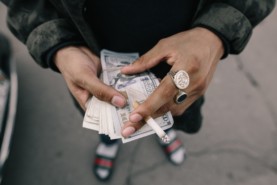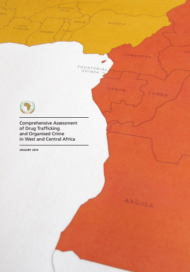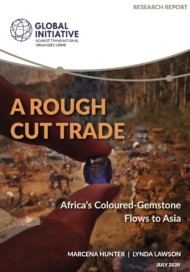Posted on 17 Dec 2004
Over the past decade, a virtual consensus on the market has emerged. While debate continues between differing schools of thought, hardline critics of liberal economic ideology have grown reticent due to the discrediting of the socialist model of economic growth. One reflection of this trend is the embrace of market reforms by developing and formerly socialist countries. The ongoing transfer of allocative influence to the market has exposed a need to ensure that reliance on market forces is not exploited by actors involved in illegal activities. This paper examines one such kind of actor: the drug-trafficking organization. It explains why the welcome reforms introduced by governments throughout the world could be exploited by those who have profited from the international drug trade. The need to safeguard the reform process from criminal elements has never been greater.
The aim of this paper is to explain why drug traffickers may be attracted to short-term investment opportunities in economies undergoing reform. It is widely accepted that drug trafficking organizations have considerable cash reserves at their disposal. With the advent of tighter banking controls, drug traffickers face increasing difficulty in laundering those funds for use in the legitimate economy, particularly in traditional money-laundering “safe havens.” It is thus significant that in reforming economies, governments have sought to achieve stability by reducing money supply growth and reining in public expenditures; as a result, both consumers and companies in these reforming economies may find difficulty in conducting business as usual. The wealthy drug trafficker faces a sectoral niche with high profit potential.



